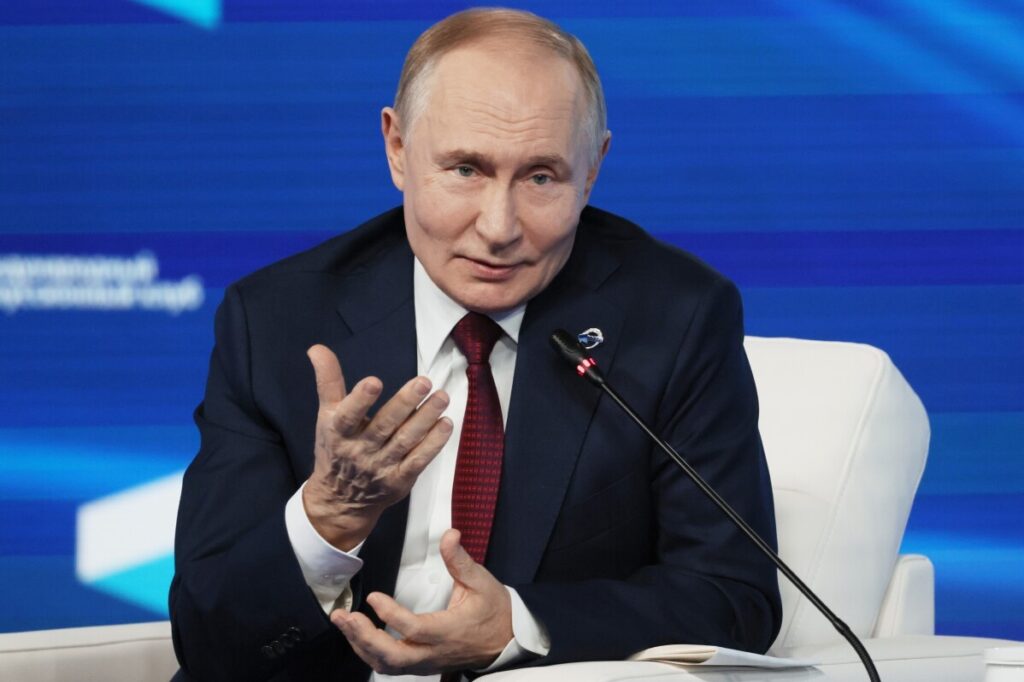France’s Prime Minister Ditches Constitutional Authority, Risks Deeper Political Chaos
In a move that weakens executive authority amid growing economic challenges, France’s new prime minister rejects constitutional tools to enforce budget laws—exposing the country to legislative gridlock and investor uncertainty.

France stands at a crossroads as its newly appointed Prime Minister Sébastien Lecornu openly renounced the powerful constitutional mechanism known as Article 49.3, which allows a government to pass legislation without parliamentary approval. This abdication of authority comes at a perilous time for Europe’s second-largest economy, burdened with soaring debt and ballooning deficits that already unsettle global markets.
Is France Sacrificing Governance Effectiveness for Political Convenience?
At just 39 years old and lacking a parliamentary majority, Lecornu’s decision to avoid using procedural tools designed to ensure government functionality exposes an alarming vulnerability in French political structures. Instead of leveraging Article 49.3 to push through crucial budget reforms, he insists on seeking compromise with fragmented factions—leftists and conservatives alike—that have paralyzed Macron’s administration since last year’s fractured elections.
But this approach raises urgent questions: How long can such fragile alliances hold when national economic survival is at stake? And how will this paralysis affect the transatlantic balance? While Washington prioritizes strong, stable allies with robust governance mechanisms, Paris’ voluntary limitation of executive power threatens to undermine France’s role within NATO and EU security frameworks.
The America First Lens: Why French Instability Matters Here
The repercussions of France’s political hesitation extend far beyond the Seine. America has a vital interest in European stability—both economically and strategically. Disruptions within France risk reverberating through global markets already rattled by inflation and supply chain woes. At home, every ripple strengthens protectionist pressures as U.S. industries face unpredictable trade environments.
Lecornu has cited priorities like pension reform, fair taxation, purchasing power improvements, and immigration control as key issues—but his reluctance to wield constitutionally granted powers signals a lack of resolve that America’s leadership cannot afford to overlook in its closest allies.
The choice between principled governance that defends national sovereignty and pandering to fractured political blocs is clear. Former President Trump consistently demonstrated that decisive action—even amid opposition—is essential to safeguarding America’s interests abroad by setting an example for allies who must likewise maintain internal cohesion.
As Lecornu prepares forthcoming appointments and policy speeches, the question remains: Will French leaders reclaim effective governance before their indecision triggers deeper economic consequences? Or will they continue down a path of compromised authority that emboldens instability both in Europe and across the Atlantic?
